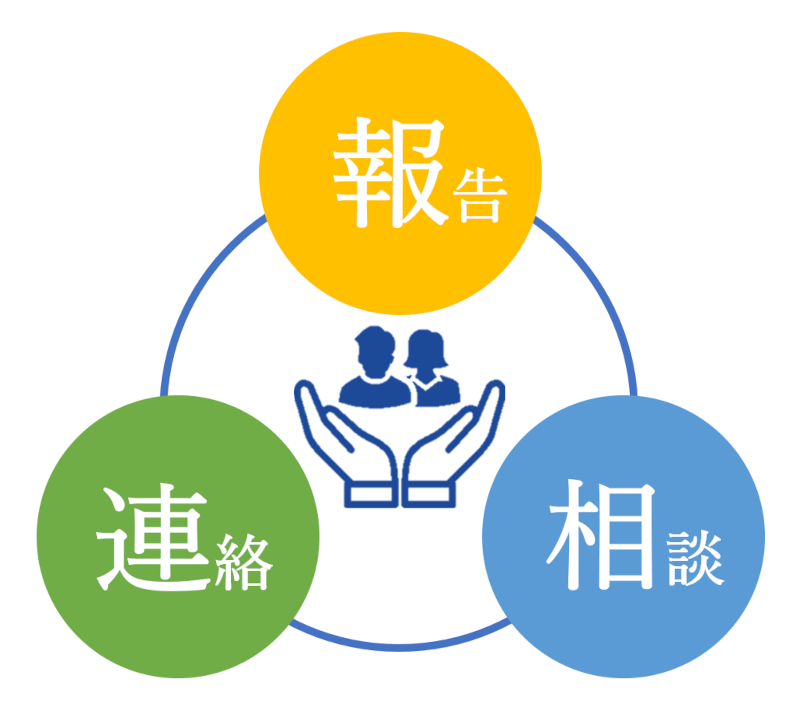More and more, companies in Japan are finding that what used to motivate employees no longer has the same effect. Younger workers in their 20s and 30s are placing greater importance on purpose, work-life balance, and being treated as individuals rather than just part of a hierarchy. For managers and HR, adapting to this shift means moving beyond traditional methods and finding ways to lead with clarity, empathy, and cultural awareness.
What’s Really Going On?
Insights from Japanese Experts
Redefining Career Success
Sociologist Noritoshi Furuichi challenges stereotypes. He asserts that many young people in Japan are happier than ever, driven by curiosity and purpose, not just money. But they’re also wary of meaningless process. They want autonomy and impact daily.
Balancing Mental Health & Productivity
Nearly half of Z-generation staff report anxiety or stress at work. Coupled with “quiet quitting” and rising burnout, this generation is saying, “Enough.” A workplace that ignores its people isn’t just unkind, it loses talent.

Prioritizing Human Connections
Studies show that younger employees are more engaged when they understand the purpose behind their work, feel recognized for their contributions, and have strong relationships with their colleagues. A simple sense that “this work matters, and so do you” can go a long way in building long-term commitment.
A Quiet Revolution in Resignation
Proxy resignation services, professionals quitting jobs on behalf of employees, are booming, especially among 20- and 30-somethings. They reflect a desire to avoid painful confrontations, yet they signal growing empowerment. Japan’s younger workforce values work-life harmony and is ready to leave environments where they aren’t valued.
Merging Culture & Care
Japanese Frameworks That Work

Hō–Ren–Sō with Heart
Hō-Ren-Sō, short for report (hōkoku), contact (renraku), and consult (sōdan), has long been a cornerstone of communication in Japanese companies. But for younger employees, following the system mechanically isn’t enough. It needs to be paired with sincerity and empathy.
When managers use Hō-Ren-Sō not just to control workflow, but to build trust (checking in regularly, expressing appreciation, and inviting input), it becomes a tool for connection, not just compliance. That shift in tone can make a significant difference in how younger team members feel about their work and their place in the organization.
Theory Z: Loyalty through Growth
Originally developed by management scholar William Ouchi, Theory Z highlighted the success of Japanese companies that fostered long-term employment, group decision-making, and deep employee development. These principles still hold value today, especially when adapted to the expectations of younger generations.
For today’s workforce, loyalty is earned through continuous growth opportunities: mentoring, cross-training, and clear development paths. But traditional methods need to be paired with faster feedback, open communication, and visible recognition. When younger employees see that the company is genuinely invested in their progress, they’re far more likely to return that commitment.
Innovation Through Cultural Identity
Futurist Morinosuke Kawaguchi encourages Japanese companies to tap into their own cultural strengths, such as monozukuri (craftsmanship), playful creativity, and even otaku subcultures, as sources of innovation. These uniquely Japanese elements not only set companies apart but also resonate deeply with younger employees.
When team members see that their cultural identity is respected and reflected in the company’s approach to innovation, they’re more likely to engage creatively and take initiative. It creates a space where new ideas can emerge naturally, grounded in tradition but open to the future.
The Kind of Leadership Younger Employees Respond To
In many Japanese companies, the traditional image of a manager as a distant authority figure is no longer effective with today’s workforce. Younger employees are looking for leaders who are approachable, values-driven, and willing to grow alongside their team.
Konosuke Matsushita’s “Seven Spirits” offer a timeless blueprint for this kind of leadership:
- Service to the Public
- Fairness and Honesty
- Teamwork for the Common Cause
- Untiring Effort for Improvement
- Courtesy and Humility
- Adaptability
- Gratitude

These principles go beyond corporate philosophy, they reflect a human-centered approach to management that still resonates today. When leaders consistently model these values through their decisions, communication, and treatment of others, they build credibility and trust. That kind of leadership doesn’t just attract younger employees, it motivates them to stay.
Cultivating a Mindset that Brings Value
- Let Them Own Something Meaningful: Assign work to junior staff as “mini-projects”, where they set goals, run it, and report results. Ownership builds trust and delivers impact.
- Shape Psychologically Safe Spaces: Embed “Ringi” (everyone invited to speak up). If they feel safe sharing, they’ll share ideas that matter.
- Prioritize Well-being: Normalizing flexible hours, mandatory days off, and open dialogue about mental health isn’t perks. It’s essential for sustainable performance.
- Create Reverse Mentoring: Set structured opportunities where juniors teach seniors about digital tools, social trends, or creative thinking, and seniors offer context and strategic insight.
- Connect Tasks to a Larger Purpose: Motivate young employees by taking time to explain how each task contributes to the bigger picture, whether it supports team goals, customer outcomes, or creates self-improvement.
Practical First Steps
| 10-Min Daily Touch-Base | Manager quickly checks in with the team each day. Builds trust, reduces misunderstandings. |
| Recognize Value | Celebrate the small wins in progress meetings. Reinforces meaningful contributions. |
| Launch a 4-Week Project | Team chooses a topic, then plans the project. Empowers autonomy and cross-level collaboration. |
| Offer 1 Remote Workday | Allow remote work, structured with clear expectations. Supports well-being and fosters responsibility. |
| Begin Reverse Mentoring | Pair a junior and senior employee for 30-minute monthly or bi-weekly sessions. Enhances mutual learning and respect. |
Final Thoughts: Where Are We Heading?
In the end, this isn’t about management trends. It’s about reshaping the workplace to be more human.
The Goals:
- Commitment Based on Respect & Purpose, not obligation.
- Innovation Rooted in Culture, not imported models.
- A Healthy Workforce, not overworked bodies.
- Generational Collaboration, not generational divide.
- A Japan that Attracts Talent, not fears losing it.
By honoring Japan’s values and embracing new expectations, companies can build workplaces that not only keep pace but lead, where both young employees and managers feel seen, connected, and inspired.

